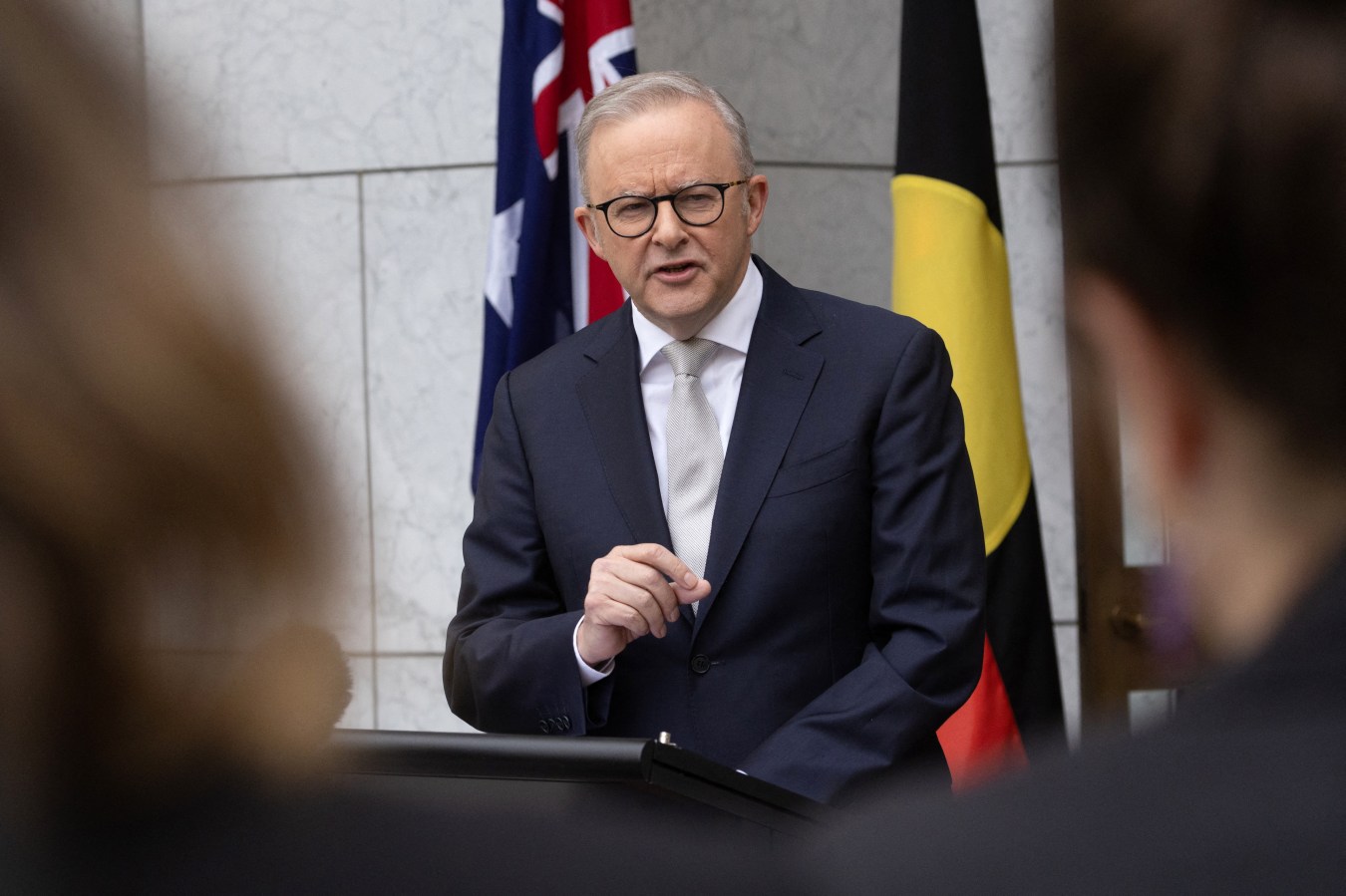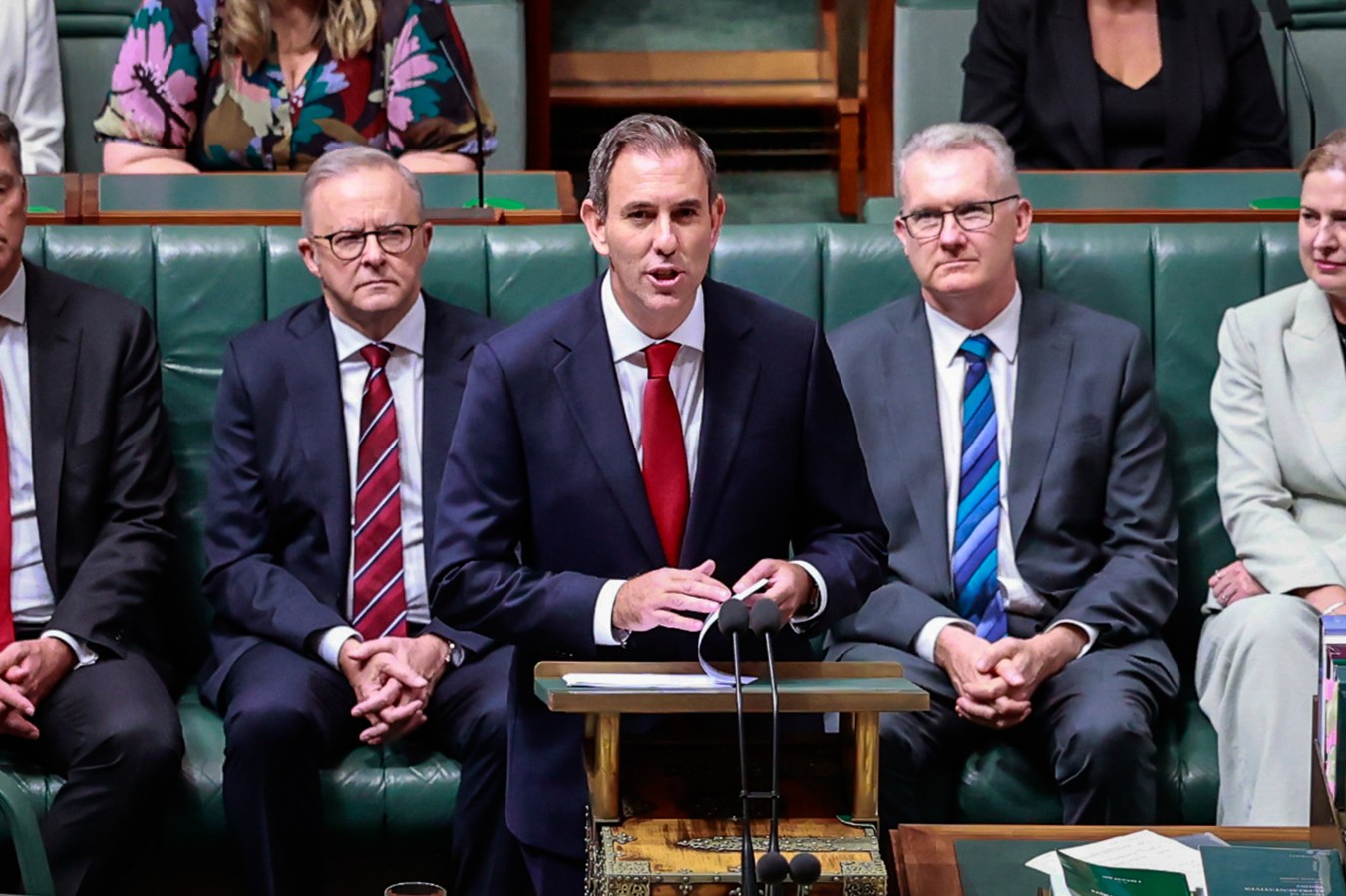Opinion: Recent incidents in the tech industry, specifically the discriminatory public comments made by startup founder Sam Joel, serve as a painful reminder of the enduring issue of gender inequality and sexism in corporate Australia.

The need for psychological safety in the workplace was evident, when, during his online tirade, Sam commented that “diversity might be the dumbest sh*t of the entire century” and “women have somehow secured majority employment in most verticals now. And still. Complaining. Classic women.”
Fortunately, this year alone, positive strides have been seen for gender equity off the back of events such as the release of the Barbie movie, the FIFA Women’s World Cup, and the Women’s Gender Equality Agency’s (WGEA) decision to publish the gender pay gap of select organisations next year.
The public’s response and ongoing feedback to the Sam Joel incident have been critical to maintaining our pursuit of diversity, equity and inclusion (DEI). It’s also been a wake-up call for those who thought we had already reached the finish line.
Gender equality provides a net benefit for everyone in a workplace, not just those it seeks to empower.
On an even playing field, no one feels like they have less of an opportunity to speak up and get involved – this allows diverse teams to work through unconscious biases, produce more ideas, and deliver better outcomes.
Those better outcomes ultimately provide an organisation with an advantage over competitors that do not maintain ‘psychological safety’ for their employees.
True psychological safety can only be present in workplaces where everyone has an equal opportunity to take risks, voice opinions and make choices without facing asymmetrical repercussions.
This is ideal, however, it’s one thing to quash obviously negative and unhelpful sentiments like those expressed by Sam Joel and another to identify and mitigate the oft-subtle presence of psychosocial hazards, implement workplace psychological safeguards, and just as importantly, understand what psychological safety is not.
Let’s take a closer look at how understanding this concept can produce better workplaces.
Psychosocial hazards in the modern workforce
These recent discussions on LinkedIn have highlighted the importance of building trust and psychological safety in Australia’s workplaces.
Hearing derogatory comments or experiencing discrimination can negatively affect employees’ well-being, with recent research finding that almost 70 per cent of women would feel disappointed learning there is a gender pay gap in their organisation, and 45 per cent stating they’d likely look for another job.
Addressing these psychosocial hazards in the workplace is gaining traction as a requirement for employers to build into their people and culture strategies.
In April this year, new psychosocial regulations dictated how employers must now identify hazards and risks to workers’ psychological health and safety.
Many business leaders feel at a loss trying to find the right balance between creating psychological safety in teams and individuals whilst maintaining accountability.
There is lingering concern that low-performing individuals often use a lack of psychological safety as an excuse for underperforming.
Psychological Safety vs Low-Performance
Leaders must understand that low performance can indicate low psychological safety. While it may be tempting to assume that employees who are not performing well lack motivation, this is not always true.
The recommended starting place is to adopt a standpoint that assumes the best intent of employees. This means recognising that, under the right circumstances, everyone wants to succeed and make a meaningful impact.
By assuming the best intent, leaders create an atmosphere of trust and support, which helps to grow psychological safety within the workplace.
However, it is also important for leaders to remain vigilant and responsive to any evidence that suggests otherwise. While assuming the best intent is a valuable starting point, it’s necessary to acknowledge that not all employees may have the same level of commitment.
In such cases, leaders can address performance issues through coaching, training, or other appropriate interventions.
Coexistence of Accountability and Psychological Safety
It’s critical to emphasise that psychological safety should not undermine performance expectations. It should not be misconstrued as a free pass for poor performance or harmful actions.
On the contrary, it sets the stage for understanding and respectful accountability. When employees feel safe to speak up and hold themselves and others accountable for their actions, it fosters a culture of responsibility and continuous improvement.
Leaders must lead by example in creating psychological safety by demonstrating vulnerability, actively listening to others, and providing constructive feedback.
By creating an atmosphere where mistakes are seen as learning opportunities rather than failures, organisations empower employees to learn from their experiences and grow personally and professionally.
Understanding What Psychological Safety Is Not
Common misconceptions about psychological safety must be addressed to foster a healthy work environment. First and foremost, psychological safety does not mean that individuals are exempt from taking responsibility for their actions or can avoid the consequences of their mistakes.
Rather, it is about creating an environment where people feel safe to speak up, share their ideas, and take risks without fearing punishment or humiliation.
Similarly, psychological safety should not be mistaken for a need to prioritise “niceness” over constructive feedback or healthy conflict. It’s not about avoiding difficult conversations or sugarcoating feedback.
Instead, it’s about creating a culture where feedback is given and received in a respectful and supportive manner.
Misuse or weaponisation of the concept of psychological safety undermines its true purpose. When used as a tool to manipulate or control others, it erodes trust and creates a toxic corporate culture.
While awareness is rising about psychological safety in Australia, unfortunate comments like Sam Joel’s remind us that there is still a lingering risk.
While many organisations are reflecting on this incident by looking to boost psychological safety, they mustn’t feel held back by misconceptions or fear of lack of accountability.
Look back on the week that was with hand-picked articles from Australia and around the world. Sign up to the Forbes Australia newsletter here.


